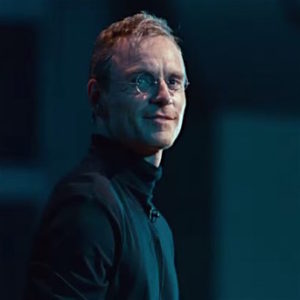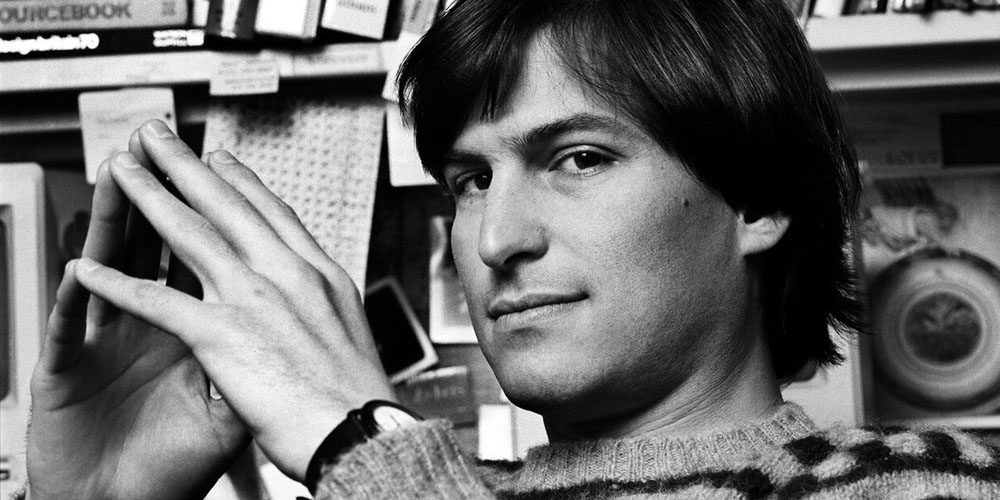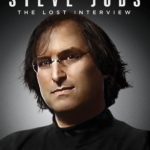I came across this germ of discourse from Steve Jobs referring to the consulting industry. In his ridicule of consultants for their lack of experience in the implementation of their projects, there was a strong message for owning and understanding the experience from an end-to-end perspective. He says:
I don’t think there’s anything inherently evil in consulting..I think that..without owning something over an extended period of time, like a few years, where one has a chance to take responsibility for one’s recommendations, where one has to see through all action stages and accumulate ‘scar tissues’ for the mistakes and pick oneself up off the ground and dust oneself off, one learns a fraction of what one can. Coming in and making recommendations and not owning the results, not owning the implementation I think is a fraction of the value and a fraction of the opportunity to learn and get better. And so, you do get a broad cut at the companies but it’s very thin, it’s like a picture of a banana, you might get a very accurate picture but it’s only two dimensional. And without the experience of actually doing it, you never get three dimensional.
So you might have a lot of pictures on your walls, you can show it off to your friends like “look I’ve worked in bananas, I’ve worked in peaches, I’ve worked in grapes” but you never really taste it. And that’s what I think. You’re also a variable expense in hard times and you’ll find yourself…(getting fired, is probably what he meant)

 Having enjoyed Walter Isaacson’s insightful book ‘Steve Jobs’ ages ago, and after amassing enough confidence, I was left disappointed watching its cinematic version recently. Especially after a feeble attempt was made in the ‘Jobs’ movie wherein Ashton Kutcher helmed the legendary Apple founder’s role my expectations from the official film had peaked. In the book, Isaacson has detailed the
Having enjoyed Walter Isaacson’s insightful book ‘Steve Jobs’ ages ago, and after amassing enough confidence, I was left disappointed watching its cinematic version recently. Especially after a feeble attempt was made in the ‘Jobs’ movie wherein Ashton Kutcher helmed the legendary Apple founder’s role my expectations from the official film had peaked. In the book, Isaacson has detailed the 
 This is one of
This is one of